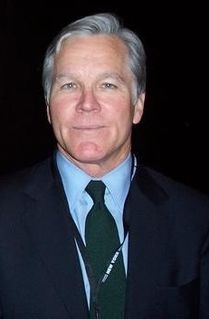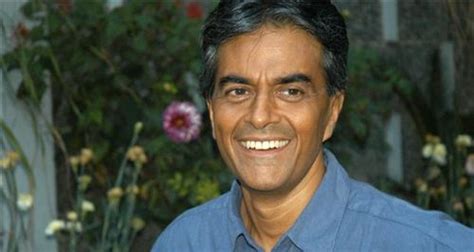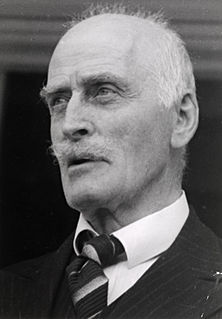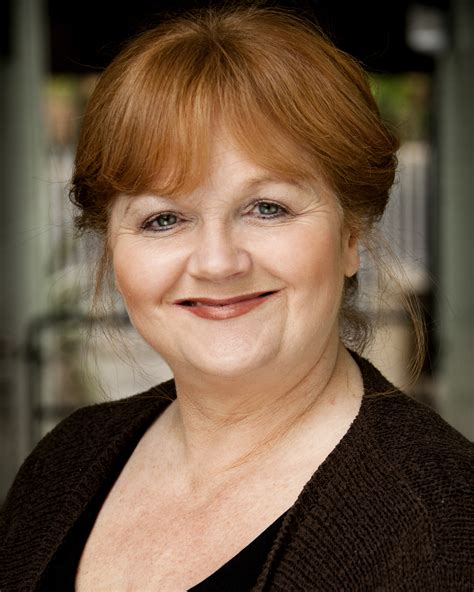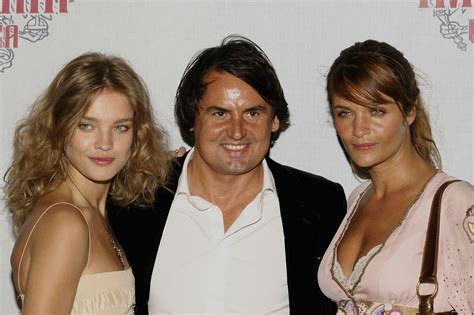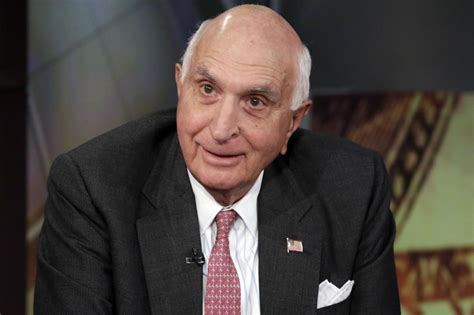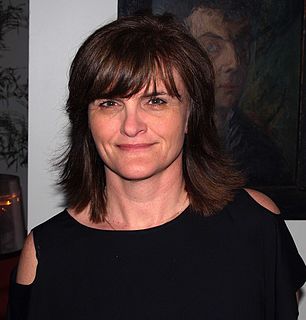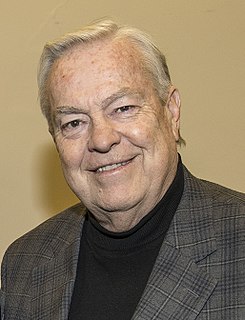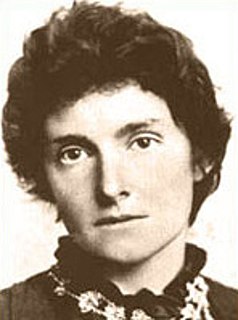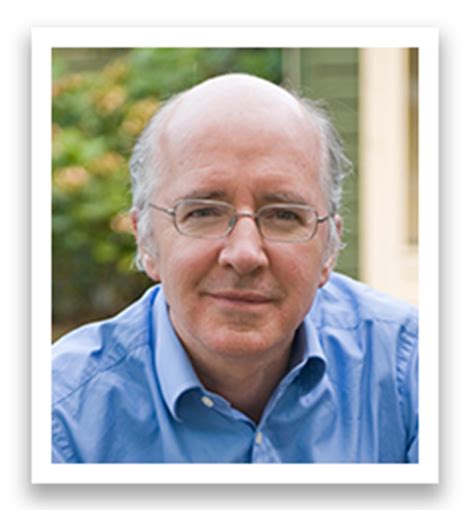Top 1200 Newspapers Quotes & Sayings - Page 14
Explore popular Newspapers quotes.
Last updated on November 25, 2024.
I read the newspapers with lively interest. It is seldom that they are absolutely, point-blank wrong. That is the popular belief, but those who are in the know can usually discern an embryo of truth, a little grit of fact, like the core of a pearl, round which have been deposited the delicate layers of ornament.
[T]here may be some truth in that if the Arabs have some complaints about my policy towards Israel, they have to realize that the Jews in the U. S. control the entire information and propaganda machine, the large newspapers, the motion pictures, radio and television, and the big companies, and there is a force that we have to take into consideration.
Mum was a high-jumper and qualified to go to the Olympics, but it got into the newspapers that she was married to my father, and the church put pressure on her to pull out of the Olympic team, saying, 'You can't be exposing all your legs.' That's how strong the influence of the church was on us all.
How can a country be home to sectarian militias and yet also to people who are educated, sophisticated, and pluralistic? This is not a simple matter. It's the kind of dialectical inquiry that's impossible to present in the world of Twitter feeds and newspapers where stories are shorter and shorter and more simplistic.
I feel lucky I didn't become that newspaper cartoonist I wanted to be because in the U.S. so many newspapers have suffered circulation declines, and some have folded. What's fun about being an author is I reach a much bigger audience, and there is something special about launching a book you've penned.
We have got to make sure there is proper independent scrutiny and accountability for people in the press, just as there should be in any other industry where things go wrong. But let's not try and think it is for politicians or governments to tell people what they stick in newspapers. That is deeply illiberal.
I got overwhelmed by the magnitude of the celebrity culture in America. My background is as a news journalist, and newsrooms in the US are shrinking - investigation teams are being terminated or shrunk on newspapers all around the country. The one aspect that's expanded is coverage of celebrity culture.
If the government is vulnerable to public opinion, then famines are a dreadfully bad thing to have. You can?t win many elections after a famine, and you don?t like being criticized by newspapers, opposition parties in parliament, and so on. Democracy gives the government an immediate political incentive to act.











